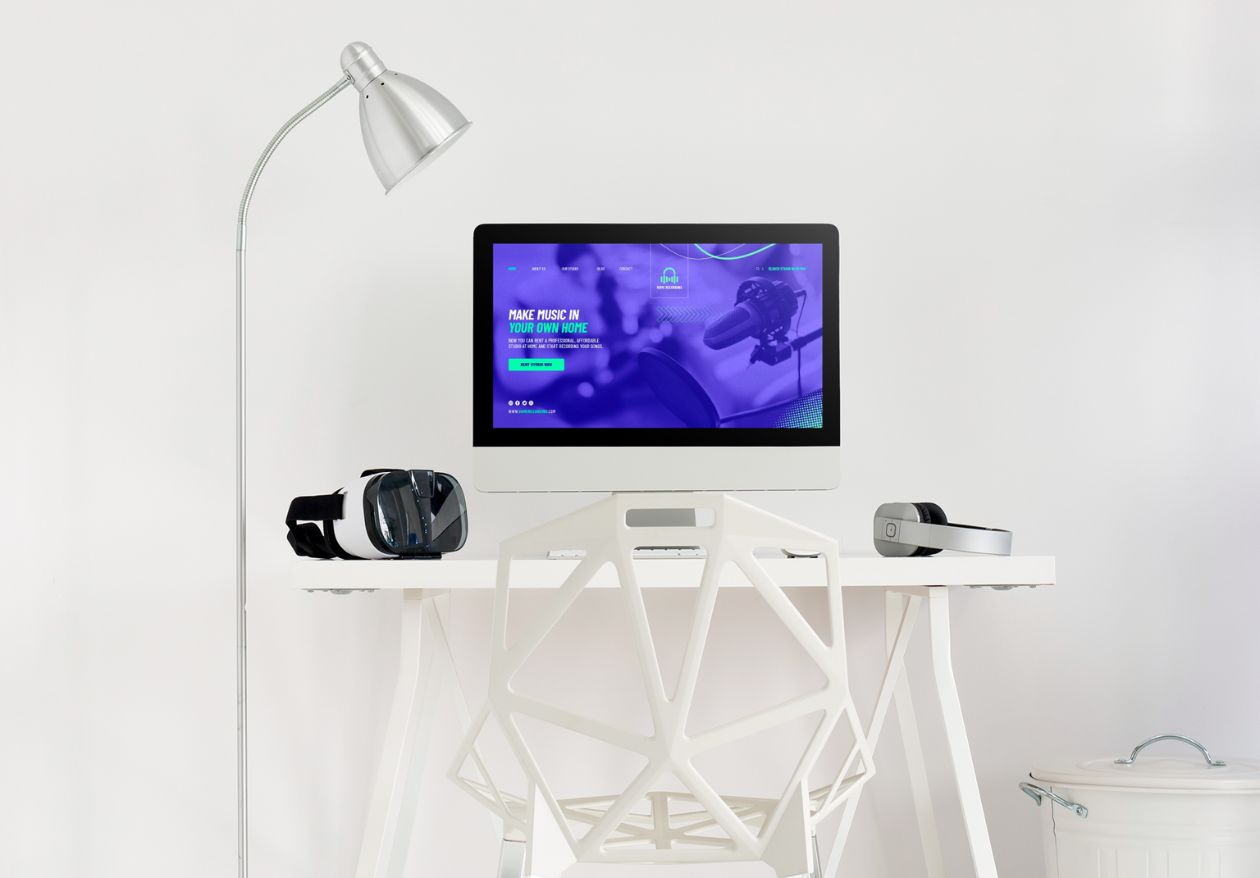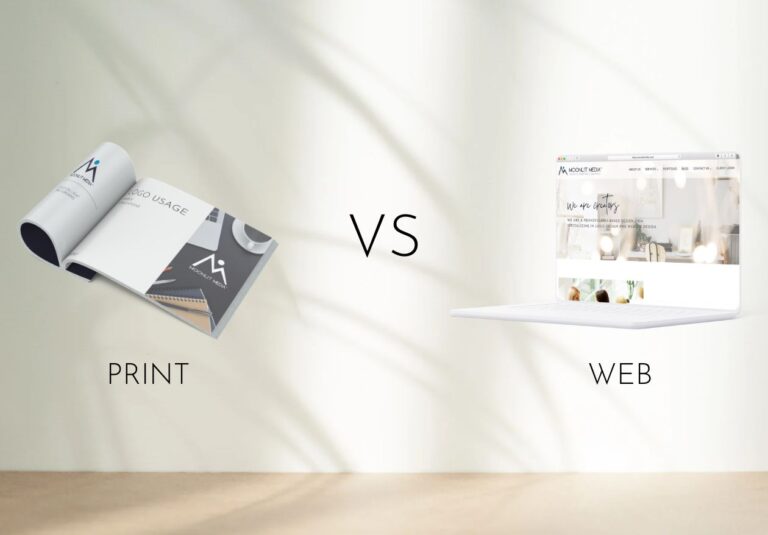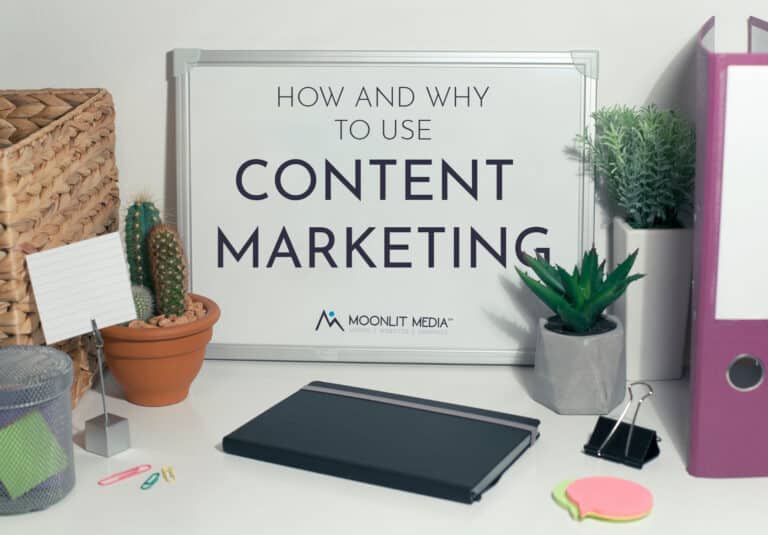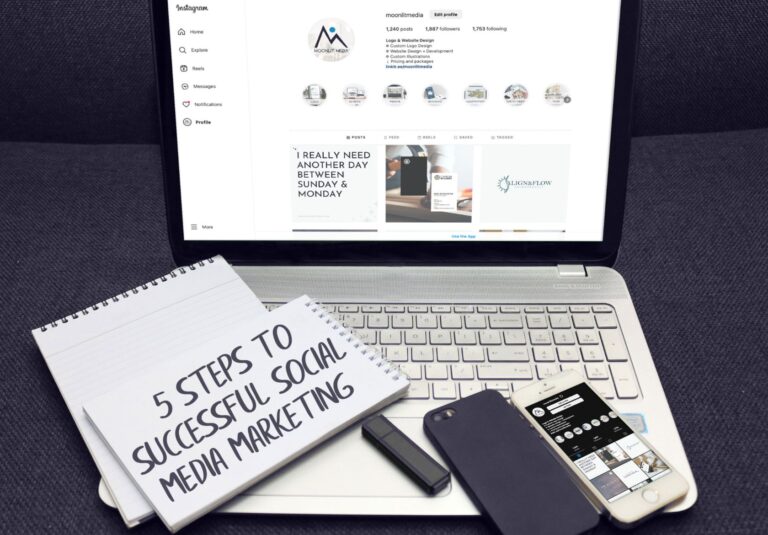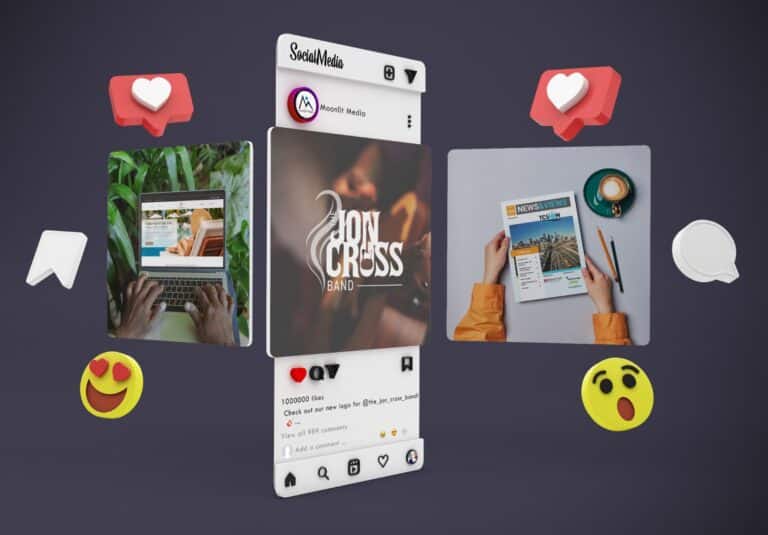When you’re setting up your podcast website, one big question will always arise: should you host your audio files directly on the website, or embed them from a hosting platform?
This is one of the most important decisions you’ll make for your podcast website design—it impacts your website’s performance, user experience, and even its SEO.
But don’t worry, we’re here to help you make the right choice. By the end of this article, you’ll understand the pros and cons of both approaches and which one aligns with your goals.
What Does Hosting Really Mean?
Before we get too deep, let’s clarify the basics.
- Self-Hosting: Imagine uploading your podcast episodes directly to your website’s server, where you have full control over your content. Think of it like running your personal radio station, powered by your website alone.
- Embedding: Alternatively, you can upload your episodes to a podcast hosting platform (think Libsyn, Buzzsprout, or Podbean). These services generate an embed code you can add to your website, displaying a sleek podcast player for your audience.
Both have their place, depending on your goals and technical know-how. Now, let’s break each option down.
Hosting Your Podcast Directly on Your Website
Hosting your podcast directly on your website can feel like having complete control over your creation—it’s all yours, start to finish! But before you jump in, it’s worth weighing the pros and cons. While self-hosting gives you more flexibility, it also comes with its own set of challenges to consider.
The Pros of Self-Hosting
- Full Control: When you self-host, your episodes live on your server. You’re in full command, and there’s no reliance on a third party. That autonomy can be empowering for tech-savvy creators.
- Ownership: Your content isn’t hosted on someone else’s platform, meaning it won’t be impacted if a hosting platform makes changes or shuts down.
- Customization: Because it’s all built into your site, you can mold the player or download functionality to align perfectly with your brand.
The Cons of Self-Hosting
- Slower Load Speeds: Audio files are huge. They eat up bandwidth and can slow down your site, especially for visitors on mobile devices. This could drive users away before they even hit play. Fun fact: 53% of mobile users abandon a page if it takes more than 3 seconds to load (Think with Google).
- Expensive Server Requirements: Hosting big audio files means upgrading to a server that can handle the strain, which can get pricey.
- Complicated Setup: Self-hosting requires some technical know-how and ongoing maintenance to ensure everything runs smoothly.
- SEO Challenges: A sluggish, file-heavy site can hurt your SEO rankings, making it harder for listeners to find you online.
Self-hosting might make sense for niche use cases or advanced users. For the average podcaster, though? It’s a lot of work for not enough reward.
Using a Podcast Hosting Platform
Using a podcast hosting platform takes a lot of the heavy lifting off your plate. These services are designed to make it easy to upload, manage, and share your episodes without dealing with the technical headaches. But just like anything else, there are pros and cons to consider before jumping in.
The Pros of Embedding with Hosting Platforms
- Fast and Reliable Delivery: When you use a platform like Libsyn or Podbean, your episodes stream smoothly to your audience without weighing your website down.
- Built-In Features: Hosting platforms come with built-in analytics, RSS feeds, and distribution tools to share your podcast across Spotify, Apple Podcasts, and other directories. Some even offer monetization features.
- Simple and Clean Players: Most platforms provide podcast players that are easy to embed into your site. They look sleek, can be customized to match your site’s aesthetics, and are user-friendly.
- Cost-Effective for Most Podcasters: Hosting platforms have affordable pricing tiers and save you from paying for expensive server upgrades.
The Cons of Embedding
- Third-Party Dependency: Your episodes rely on an external service. If that service goes down, your podcast players might go offline with it.
- Limitations on Free Plans: Many platforms offer free tiers but with restrictions like limited storage or branded players featuring their logo.
- Subscription Fees: For full access to features, you’ll likely need to move to a premium plan, adding a recurring cost to your podcasting budget.
For most podcasters, using a hosting platform hits the sweet spot between convenience and performance.
Which Option Is Best for You?
The answer really comes down to your specific needs and what fits your podcasting goals best.
Self-Hosting
If you’re a tech-savvy podcaster who loves having complete control over every aspect of your content, self-hosting could be your dream setup. This option is ideal if you have advanced technical skills or niche requirements that can’t be met by standard hosting platforms. You’ll have full reign over your server, website, and how your episodes are delivered. That said, it’s not for everyone—it requires significant time, effort, and some coding know-how. Plus, you’ll be responsible for ensuring your website stays functional even during traffic spikes. If that challenge excites you, self-hosting might just be worth it.
Embedding
For most podcasters, embedding your episodes using a reliable hosting platform offers the perfect balance of ease and performance. Here’s how it works: you upload your episode to the platform of your choice, and it provides you with customizable embed codes that can be added to your website. This setup brings you fast load times, sleek episode players, and valuable analytics without needing to micromanage technical details. It’s simple, hassle-free, and lets you focus on creating amazing content. Honestly, if you’re aiming for convenience and robust features, embedding is tough to beat.
A Blended Approach
Many podcasters opt for a blend of both worlds by hosting their content on a platform but embedding episode players into a custom-designed website. Think of this as having the convenience of a reliable hosting provider while still showcasing your brand’s unique personality. It allows you to maintain a professional, polished look that aligns with your creative vision while keeping things easy to manage. This hybrid approach is especially appealing if you want your website to feel like the central hub for your podcast without sacrificing the functionality and insights provided by hosting platforms.
Ultimately, the choice depends on your priorities—whether it’s customization, simplicity, or a mix of both. Whatever path you take, having a clear understanding of your needs will help you make the best decision for your podcasting journey.
💡 Pro Tip: For a professional and seamless look, work with a web designer to integrate branded podcast players into your website!
Building the Ultimate Podcast Website
No matter where your episodes live, your podcast website’s design plays a major role in how listeners engage with your show. Here’s what to consider for better results:
- User Experience: Prioritize fast load speeds and mobile-friendly layouts. Embedded players help ensure your site runs smoothly.
- Episode Layouts: Include clear show notes, timestamps, and episode categories so users can easily find what interests them.
- SEO Optimization: Write detailed descriptions and tag keywords to improve your site’s discoverability.
- Cohesive Branding: Your website should reflect your podcast’s personality and theme, from colors and fonts to imagery and tone of voice.
Having a beautifully designed site can transform casual visitors into loyal fans and help turn your passion into a business.
Build Your Dream Podcast Website Without the Hassle
Still feeling unsure about where or how your podcast episodes should live? Don’t sweat it. Embedding suits most podcasters and keeps your website running fast, smooth, and functional. But like we always say, there’s no one-size-fits-all solution.
That’s where we come in. At Moonlit Media, we specialize in designing custom podcast websites that look amazing and perform even better. Whether you’re launching your first show or ready to give your existing podcast site a facelift, we can help.
Contact us today to get started and take your podcast website to the next level!

